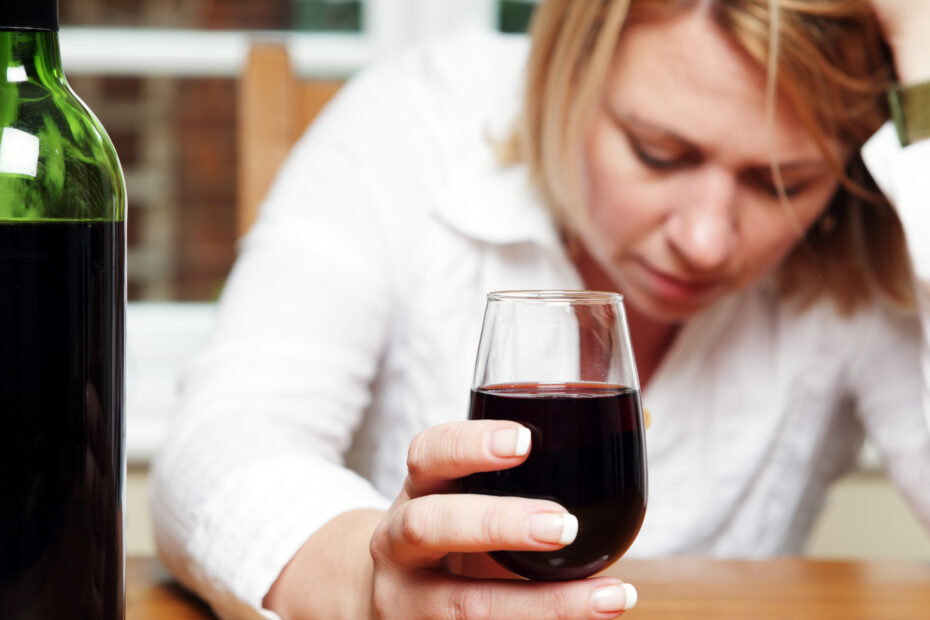Listen to the 6-minute podcast version
Watch a 1-minute introductory video
Drinking may not be a problem for you, but at one time it became an issue for me. So I decided to fix the problem—I became an expert on rationalization.
Rationalization is when we justify our behavior with logical reasons to avoid facing the true nature of something we have done. In other words, when we feel subconscious misgivings, we cleverly concoct good reasons not to feel guilty anymore.
Even now, as I think back, rationalizing drinking comes easily: It was no big deal. My kids tell me it didn’t impact them. It didn’t affect my work. I still went to church. Blah, blah, blah.
The truth is that drinking became both an addiction and an idol for me. For a while, I kept doing it, even past the point where rationalizing drinking was working anymore.
Rationalizing Drinking
Before we go on, let’s address a key question: Is it okay to drink alcohol? Yes, it is okay, for some people in some instances. For more on that topic, read the article on “Is It Okay to Drink?”
But, since drinking was a problem for me, I needed to rationalize my behavior so I wouldn’t feel bad all the time. The only alternative was obviously unthinkable: stop drinking! Since I got so good at rationalization, I thought I would pass on some of my favorites:
“My friends drink.” – The real story was that I liked to hang around people who drank, and it helped me feel better about my drinking when I did.
“I’m a social drinker.” – Drinking did make parties and going out more enjoyable (but why did it take alcohol for that?). Plus, it made me funnier (at least to me) and more outgoing (sometimes too much). And everyone drinks at social occasions, right?
“I just have a few drinks.” – I often started out with a plan for how much I would drink, but sometimes stopped counting too closely. And my definition of a few seemed to change over time.
“I work hard, and it helps me relax, so I deserve it.” – This was one of my favorites but, in retrospect, it was just a well-designed excuse for doing what I wanted to do.
“It doesn’t affect anyone else.” – Actually, I may have been a bad example for my wife and kids. I could have influenced someone struggling with alcoholism. And what about the risk of driving? More subtly, what about all the positive things I didn’t do because I was too busy drinking?
“They drank in the Bible, and Jesus turned water into wine, so it must be okay.” – The Bible also says getting drunk is wrong. And allowing alcohol to become an idol, or doing things that lessen our commitment to God. Or hurting our bodies. Or becoming a stumbling block for others.
Those were my favorite rationalizations, but I had others and used whatever worked at the time.

Moving Beyond Rationalization
If you find yourself rationalizing drinking, it likely means you are concerned about it. And if you are worried you may have a problem, you probably do.
Stopping drinking will not be easy. If you have become well-practiced at rationalization, it means you have probably struggled to quit drinking for a while. It may be quite hard to quit, and you may have false starts—relapses. Perhaps over and over.
That’s okay, hang in there and keep trying. Things will get better.
Over time, the areas affected by your drinking, which are more than you think, will improve. One day, you will realize life is far better than you could have imagined before. That contentment—that rightness—will become a big part of who you are.
You may have been drinking for quite a while for reasons you are just beginning to understand, and your rationalizations have been hiding the truth from you.
But, now you know. Now, you can do something about it.
Question: Did you find any of the rationalizations above somewhat familiar?
Action: To learn about the emotional and spiritual aspects of addiction, read “What Is Addiction?”
Share this article on:
